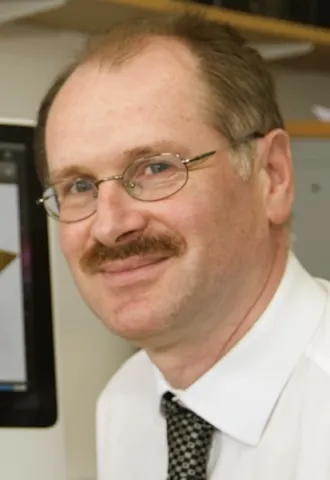About the project
Continental breakup can generate huge volumes of magmatism that are generally attributed to the influence of mantle plumes. The project will use new seismic data from the continental margin of Brazil to investigate variations in magmatism along this margin that appear to contradict current understanding of how plumes work.
The project will provide new insights into the interaction between tectonic and magmatic processes during continental rifting.
The specific focus will be the complex processes that occurred when Africa and South America separated. Offshore Brazil there appears to be a dramatic change along-strike from voluminous to little magmatism where there is little corresponding change onshore.
The student will analyse wide-angle seismic data to be collected in the region of this change in an experiment scheduled for December 2025-January 2026. The experiment involves an international team from the UK, Germany and France. They will have the opportunity to participate in the experiment at sea. The analysis will involve the use of advanced travel-time and waveform tomography approaches to develop a detailed seismic velocity model. The resulting seismic velocity model will be integrated with coincident seismic reflection data and with regional gravity and magnetic data. The results will be combined with those of team members working in parallel on other parts of the seismic data and used to underpin the development by team members of numerical models that can explain the enigmatic distribution of magmatism.
The project will advance our understanding of plume magmatism, that has been linked to climate change and mass extinctions. The basaltic rocks resulting from this magmatism provide the potential for permanent storage of large volumes of carbon dioxide.
The project will also provide insights relevant to the development of this type of storage offshore.
Training
All doctoral candidates will enroll in the Graduate School of NOCS (GSNOCS), where they will receive specialist training in oral and written presentation skills, have the opportunity to participate in teaching activities, and have access to a full range of research and generic training opportunities.
GSNOCS attracts students from all over the world and from all science and engineering backgrounds. Specific training will include:
- marine geophysical data acquisition, through participation in the research cruise offshore Brazil
- advanced processing of marine seismic data
- advanced analysis of marine seismic data, including aspects of super-computing
- geological interpretation of diverse geophysical datasets
You will join a large and active group of marine geophysicists in Southampton and will participate in regular meetings with the international project team. This background will leave you well-equipped for a career in research, in consultancy and/or in the offshore industry.
References
Perez-Gussinye, M., J. S. Collier, J. J. Armitage, J. R. Hopper, Z. Sun and C. R. Ranero (2023). "Towards a process-based understanding of rifted continental margins." Nature Reviews Earth & Environment 4(3): 166-184 DOI: 10.1038/s43017-022-00380-y.
Supervisors
As well as Professor Tim Minshull, you will also receive supervision from Professor Jenny Collier from Imperial College London and Professor Marta Perez-Gussinye from University of Bremen.
